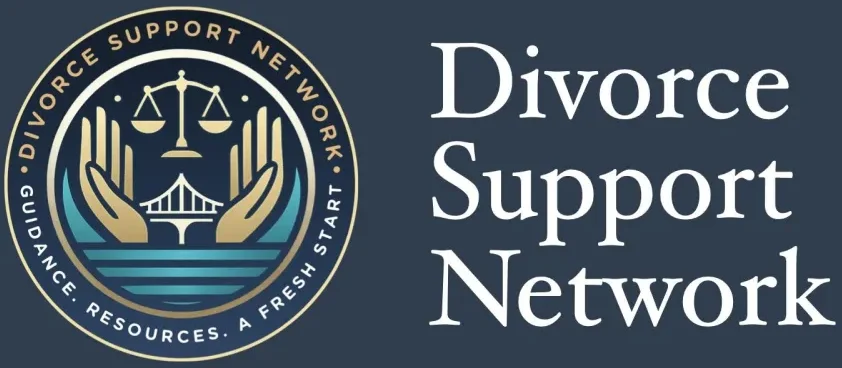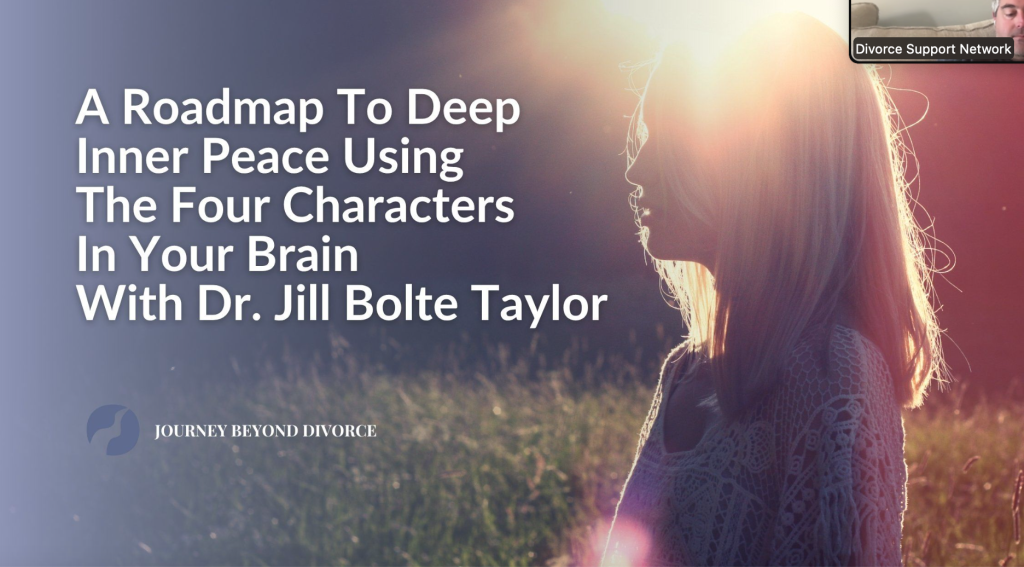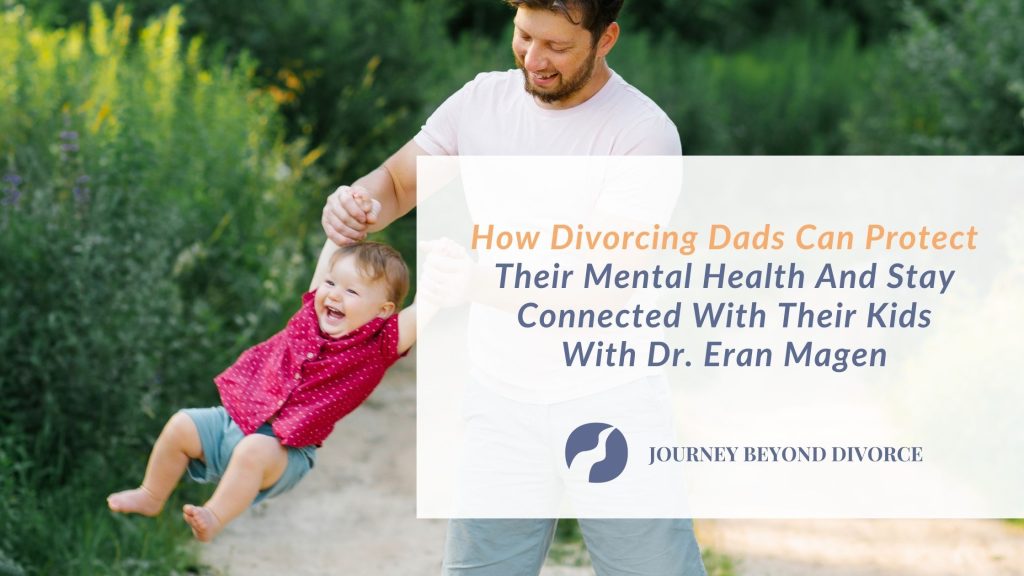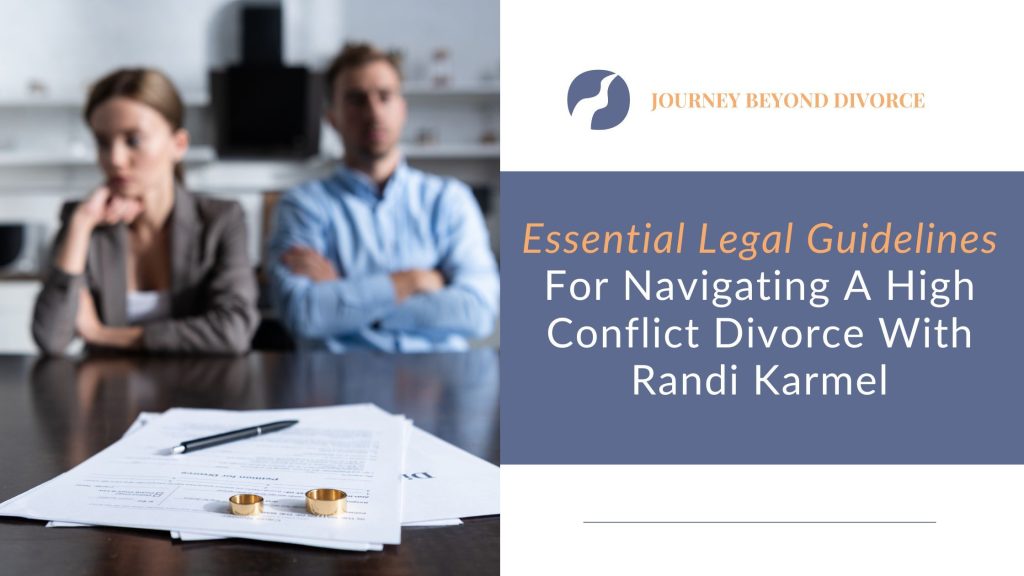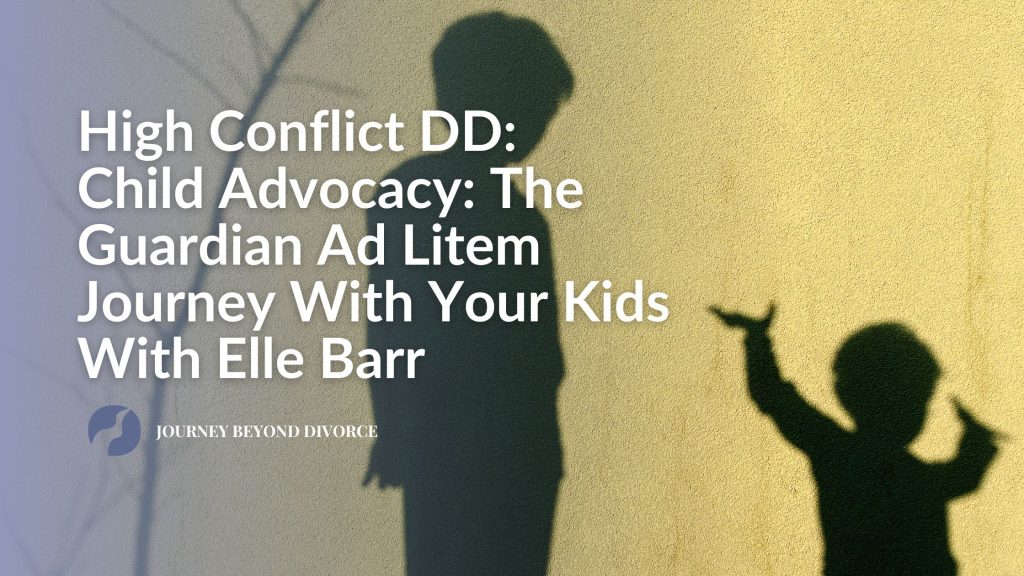How to Talk to Friends and Family About Your Divorce

There’s this moment after you decide to divorce — right after the initial shock, maybe before the paperwork even begins — where you realize: I have to start telling people. And suddenly, the emotional weight of divorce doubles.
Because it’s one thing to process the loss of a relationship. It’s another thing entirely to navigate other people’s opinions about it.
Friends. Family. Neighbors. Coworkers. Your kid’s teacher. Your aunt who still asks about your ex at Thanksgiving. Everyone has thoughts. And in a perfect world, those thoughts would be kind, supportive, and helpful. But in reality? It’s a mixed bag. Some people mean well but say too much. Others go silent. Some are judgmental. Some are shocked. Some want the whole story — and some avoid you altogether.
So how do you talk about your divorce when every audience feels different, and your energy is already running on empty?
The short answer is: you do it your way. There’s no one right script. But there are ways to make these conversations easier on you — emotionally, mentally, and practically.
Start with the people you trust. You don’t have to make a public announcement before you’ve had private support. Choose one or two people you can talk to without filtering yourself — people who won’t try to fix it, analyze it, or gossip about it. Just people who can sit with your truth and say, “I’m here.” That initial circle matters more than you know.
When you’re ready to tell others, think about what you want from the conversation. Are you looking for support? Do you just need to get the news out there? Are you open to questions, or do you want to keep it short? You’re allowed to set the tone. Something as simple as, “I wanted to let you know I’m going through a divorce — I’m not ready to get into the details, but I appreciate your support,” is enough.
You do not owe anyone your full story.
Not your coworkers. Not your in-laws. Not the mom you always sit next to at soccer practice. If you want to share, that’s up to you. But boundaries are allowed. Privacy is allowed. Changing the subject is allowed. You’re not being rude. You’re protecting your peace.
Family can be tricky — especially when they had strong feelings about your marriage. Some may be supportive. Some may be stunned. Some may try to take sides. Some may say too much. This is where it helps to remember: you are not responsible for other people’s comfort. You’re responsible for your healing. And if someone’s reaction makes you feel worse, it’s okay to take space. You can always circle back when (and if) you’re ready.
One thing that surprises people during this time is how some relationships grow stronger while others fade away. That’s normal. Some people show up in ways you never expected. Others fall short. Divorce has a way of reshuffling your inner circle — and while that can be painful, it also clears space for more aligned, authentic connections moving forward.
If you have children, you may also have to communicate with teachers, coaches, or other parents. Keep it simple and neutral: “We’re going through a divorce right now, and I just wanted to let you know in case it impacts [child’s name] at school.” You don’t have to go into the weeds. But a little context can help the adults around your child be more patient, observant, and supportive.
Above all, remember this: you don’t have to manage other people’s feelings while managing your own heartbreak. You don’t have to make it easier for everyone else. And you don’t have to wrap your reality in a shiny bow to avoid awkward conversations.
You’re allowed to be honest. You’re allowed to say “I’m not ready to talk about it.” You’re allowed to grieve and vent and stay quiet and speak out — all in the same week.
At Divorce Support Network, we believe that communication during divorce isn’t about performance. It’s about protecting your emotional energy. It’s about finding safe people and setting strong boundaries. And it’s about trusting yourself to decide what to say, when to say it, and who is truly worth saying it to.
You don’t owe the world an explanation.
You owe yourself peace.
